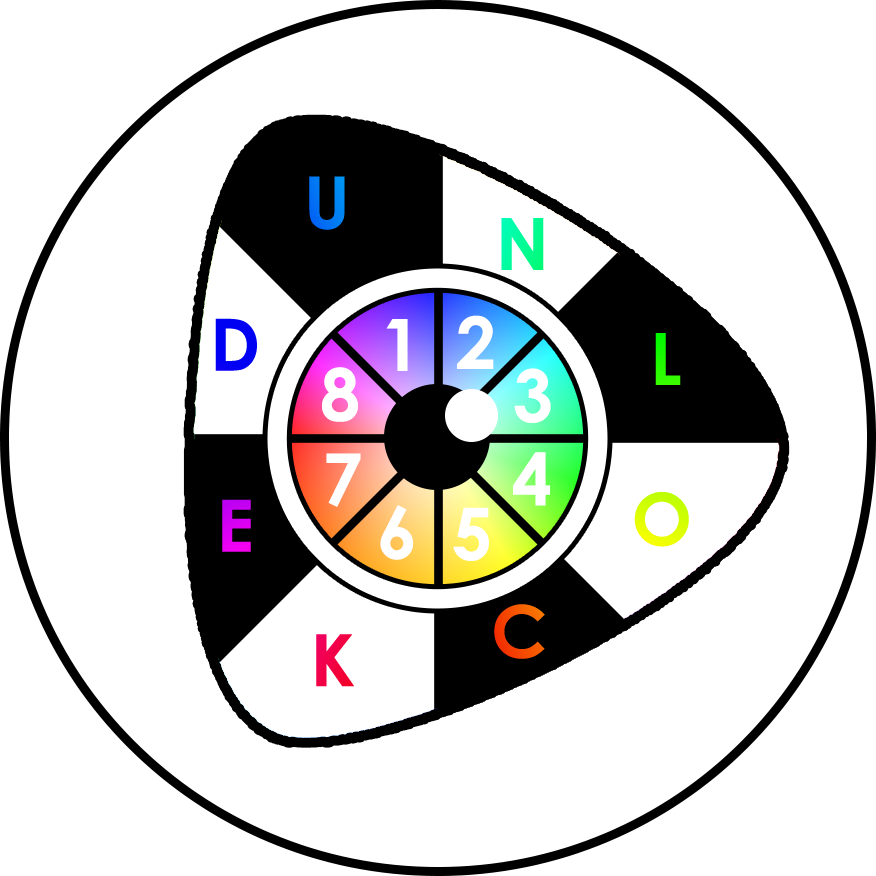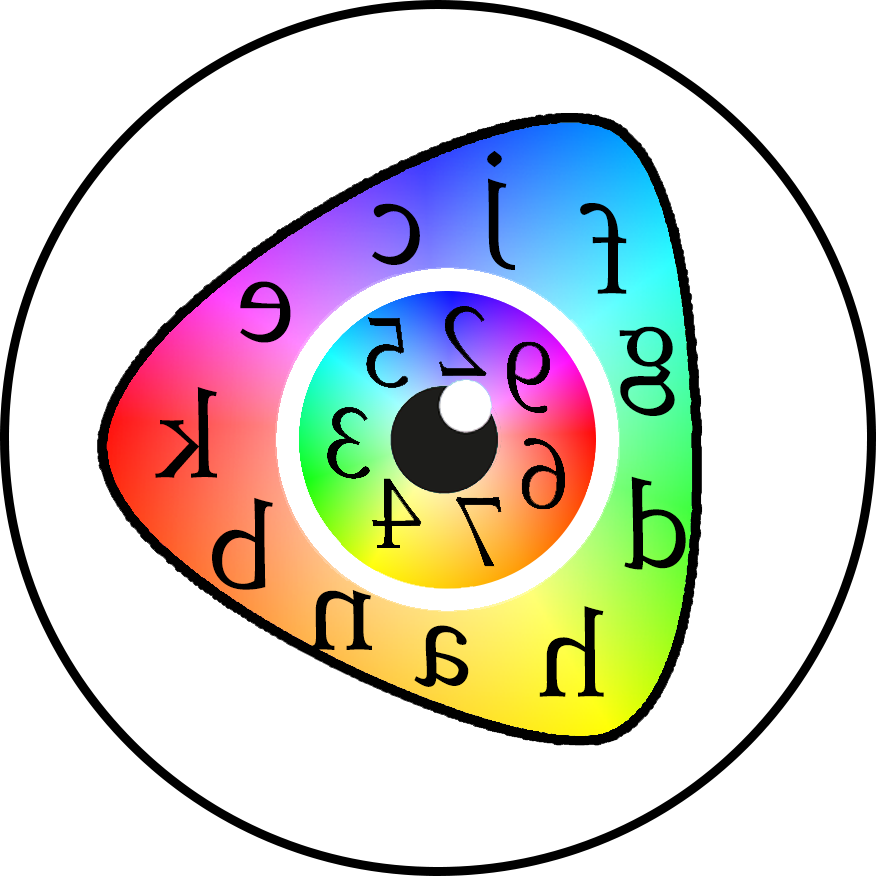Available iPad Apps
-
 Auditory Phonetic Subtraction
Auditory Phonetic Subtraction
-
 Auditory Visual Integration
Auditory Visual Integration
-
 Colourimetry
Colourimetry
-
 Digit Matching
Digit Matching
-
 Dyscalculia
Dyscalculia
-
 Dyseidesia / Dysphonesia
Dyseidesia / Dysphonesia
-
 Dysnemkinesia
Dysnemkinesia
-
 Eye Exam Data
Eye Exam Data
-
 Kinetic Colour Perimetry
Kinetic Colour Perimetry
-
 Laterality
Laterality
-
 Reading Eye Movement
Reading Eye Movement
-
 Retained Reflexes
Retained Reflexes
-
 Sentence Copy
Sentence Copy
-
 Sequencing
Sequencing
-
 Tachistoscope
Tachistoscope
-
 Visual Sensory Perception
Visual Sensory Perception
-
 Visual Spatial Awareness
Visual Spatial Awareness
Sequencing
Sequencing skills are crucial for many cognitive and academic tasks, including reading, writing, mathematics, and everyday activities. Better sequencing reduces stress on the visual system with less changes in vergence and accommodation required when copying from board to book or book to book. Both short and long-term sequencing skills are evaluated revealing the individual's ability to understand, remember, and organize sequences of information over varying periods.
Short-term sequencing looks at immediate memory recall as the subject reproduces sequences of information shortly after they are presented. It also considers the ability to focus and process sequential information without distraction and the speed at which the individual can understand and recall sequences. The short-term sequencing assessment takes in proprioceptive memory skills.
Difficulty with immediate recall of sequences can indicate problems with short-term memory and attention which can affect tasks that require following multi-step instructions, decoding words, and solving math problems.
Long-term sequencing evaluates retention and recall over time, and the ability to organize and store sequential information logically and recall it in the correct order.
Difficulty with long-term recall of sequences can indicate problems with long-term memory storage and retrieval, as well as organizational skills. Challenges in long-term sequencing can affect the ability to recall information learned over time, such as historical events, scientific processes, and steps in complex problem-solving.
The results provide insights into the individual’s working memory, attention, processing speed, and overall cognitive abilities and can identifies specific areas of difficulty that may impact reading (e.g., understanding the sequence of a story), writing (e.g., organizing ideas in a coherent sequence), and mathematics (e.g., following steps in a problem). Poor sequencing might affect everyday tasks, such as following recipes, organizing schedules, and remembering routines.
Targeted interventions are offered to help promote better sequencing skills. For example, using mnemonic devices, visual aids, repetition, music, and step-by-step instructions can help enhance sequencing abilities.
Distinguishes sequencing problems from other cognitive or learning issues, such as general memory problems or attention deficits, allowing for more precise interventions.
Critical information about an individual’s cognitive and memory abilities is revealed, identifying specific challenges and guiding effective interventions to support learning and daily functioning.